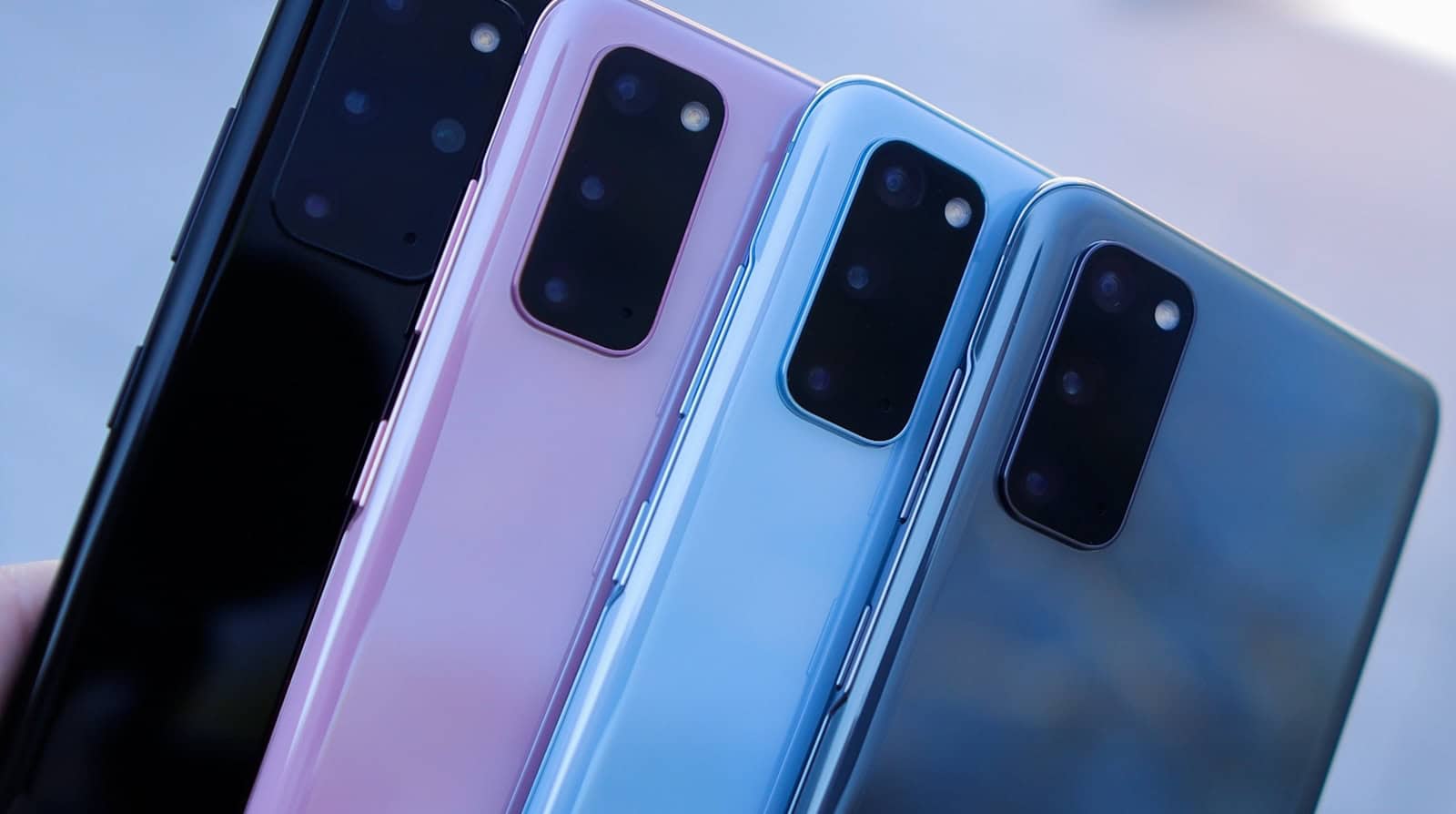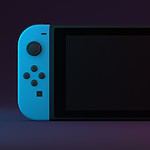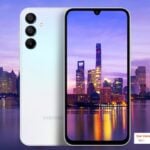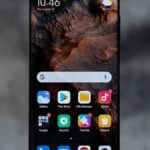President Donald Trump has temporarily exempted smartphones, computers, and other key electronics from the latest round of steep tariffs on Chinese imports, offering short-term relief to tech giants like Apple and Nvidia. However, the administration has signaled that these products may soon face new levies under a separate national security investigation, leaving the industry in a state of uncertainty.
Trump Grants Temporary Tariff Relief for Tech Giants Amid Trade Turmoil
The recent exemptions announced last week remove tariffs on consumer electronics like iPhones, laptops, memory chips, and flat-panel displays that were previously set at 125% to 145% for Chinese goods. These products also avoid the 10% baseline tariff on imports from most countries. This decision protects about $100 billion worth of electronics imported from China in 2024. However, these electronics will still face a 20% tariff due to China’s involvement in the fentanyl trade.
Commerce Secretary Howard Lutnick has stated that in one to two months, these items will be categorized under a new tariff classification related to national security and semiconductors. The mixed messages from the administration have confused industry players and investors. While the exemptions offer short-term relief, the possibility of new tariffs creates ongoing uncertainty.
Analysts caution that the unclear strategy puts companies at risk as they plan their supply chains and operations. China has criticized the U.S. tariffs and called for resolution through dialogue. The trade conflict intensified as China imposed its own tariffs, and President Trump plans to clarify his position on semiconductor tariffs soon. Even though the current exemptions help tech firms and consumers temporarily, the risk of future tariffs leaves the situation unsettled.
Key Changes to Trump’s Tariff Policy
The Trump administration has just exempted smartphones, computers, and other electronics from its recent reciprocal tariffs. This important update appeared in a Friday notice from US Customs and Border Protection.
These exemptions shield electronic goods from both the 10% global tariff and the much steeper 125% tax on Chinese imports. The protection extends to:
- Smartphones
- Laptop computers
- Computer processors
- Semiconductors
- Memory chips
- Solar cells
- Flash drives
Without these exemptions, prices for popular devices would have risen dramatically. Some analysts predicted iPhone prices could have tripled if tariff costs transferred to consumers.
This decision brings significant relief to tech companies, particularly Apple. The American market represents a crucial sales territory for iPhones, with Apple capturing over half of US smartphone sales last year. About 80% of Apple’s US-bound iPhones are manufactured in China, with the remaining 20% produced in India.
Major manufacturers like Apple and Samsung have worked to diversify their supply chains in recent years, looking beyond China. India and Vietnam have become important alternative manufacturing locations. As tariff tensions increased, Apple reportedly accelerated production of India-made devices.
The electronics exemption comes amid broader shifts in Trump’s tariff approach. Earlier this week, he announced a 90-day pause for most countries facing higher US tariffs, excluding China. The Chinese tariff rate jumped to 145%, reportedly because China prepared to counter with its own 84% tax on American goods.
Countries that haven’t retaliated will only face a 10% tariff until July. The White House described this strategy as a negotiating tactic to secure better trade terms.
President Trump maintains these import taxes will address unfairness in global trade while bringing jobs and manufacturing back to American shores.
Common Questions About Trump’s Tariff Exemptions
What Products Won’t Face New Tariffs?
President Trump’s administration has excluded smartphones, computers, and other electronics from the recently announced global reciprocal tariffs. The list includes:
- Smartphones
- Laptop computers
- Hard drives
- Computer processors
- Memory chips
- Flash drives
- Memory cards
- Solid-state storage
- Semiconductors
- Solar cells
- Flat panel TV displays
These exemptions apply to all imports of these items, including those from China.
How Will Tech Companies Respond to These Exemptions?
The tech industry will likely see several benefits from these tariff exemptions:
- Lower production costs – Companies won’t need to pay extra taxes on imported components
- Stable consumer prices – Without tariffs, prices for phones and computers should remain steady
- Supply chain continuity – Manufacturers can maintain existing global supply networks
Tech giants who produce popular consumer electronics will probably keep their current production arrangements rather than rushing to relocate manufacturing.
What Factors Guided the Exemption Decisions?
The Trump administration appears to have considered several key factors when determining which products to exempt:
| Consumer Impact | Economic Significance | Strategic Value |
|---|---|---|
| Products used daily by most Americans | Items critical to U.S. economic competitiveness | Technologies important for national security |
| Goods where price increases would be widely felt | Sectors where U.S. companies lead globally | Components essential for advanced manufacturing |
The administration likely weighed the political consequences of raising prices on widely-used consumer electronics against other trade priorities.
What Changes Can We Expect in International Trade Relations?
The exemptions signal a nuanced approach to trade policy that may:
- Create tension with trading partners facing tariffs on other goods
- Open doors for negotiating new bilateral tech trade agreements
- Establish precedents for future sector-specific exemptions
Countries that export significant amounts of electronics to the U.S. will benefit, while those exporting primarily tariffed goods may seek new negotiations.
How Will Consumers Benefit From These Exemptions?
The exemptions offer several advantages for American consumers:
- Price stability – No tariff-driven price hikes on essential tech products
- Product availability – Continued access to the latest global technologies
- Innovation access – Fewer barriers to importing cutting-edge devices
Without these exemptions on smartphones and computers, consumers might have faced price increases of 10-25% on these products.
Will the List of Exempt Products Change Soon?
The exemption list may evolve based on:
- Industry lobbying efforts
- Trade negotiation outcomes
- Changes in U.S. manufacturing capacity
- Shifts in global supply chains
No formal timeline for revisiting these exemptions has been announced, but the administration has shown willingness to adjust tariff policies in response to economic conditions and industry feedback.







